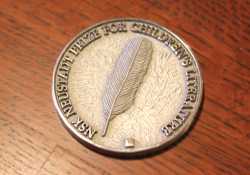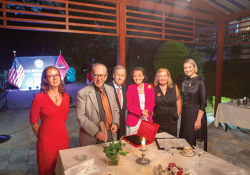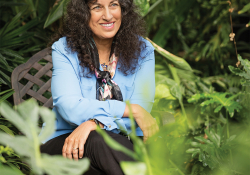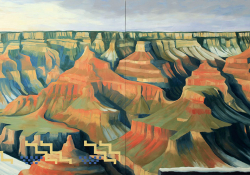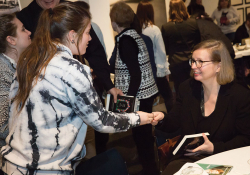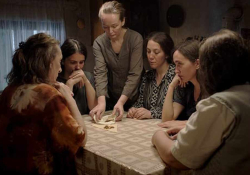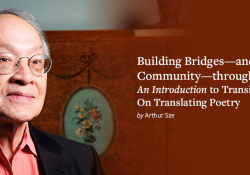Celebrating 50 Years of the Puterbaugh Festival

This year’s fiftieth-anniversary Puterbaugh Festival of International Literature & Culture set a new high-water mark in the cultural life of the University of Oklahoma, in a series already distinguished by five decades’ worth of literary prestige. The three-day celebration focused on the work of Jenny Erpenbeck, the first German writer to be honored in the history of the series. Erpenbeck’s selection was especially fitting: the festival’s namesake, J. G. Puterbaugh (1876–1965, pictured here), was the great-great-grandson of Johann Peter Puterbach (1731–1794), who emigrated from the Hessian town of Eschwege (about halfway between Frankfurt and Leipzig in present-day Germany) to North America in the mid-eighteenth century.
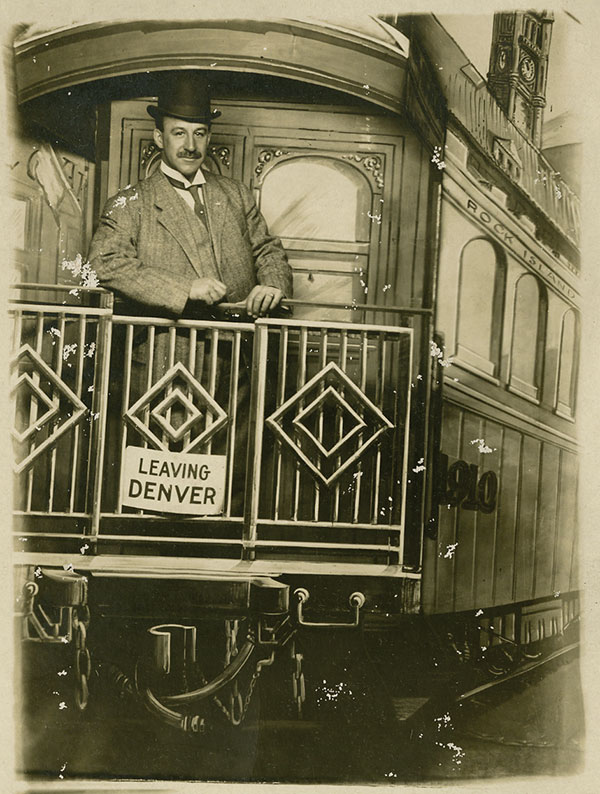
The festivals continue to be a living tribute to Mr. Puterbaugh, an Oklahoma philanthropist, entrepreneur, and civic leader who taught himself Latin, loved poetry, and believed literature to be a source of cultural enlightenment and a means for understanding other cultures from around the world. He also believed in learning foreign languages as a primary channel of gaining insight into other cultures. Alene Puterbaugh, on behalf of the Puterbaugh Foundation and in memory of her late husband, endowed the festivals in perpetuity with a donation of $150,000 in 1978.
Ivar Ivask, editor of this journal from 1967 to 1991, along with colleagues in the Department of Modern Languages, Literatures, and Linguistics, originally launched the festival in 1968 as a symposium devoted to writers of the Spanish-speaking world, with a lineup that included Jorge Guillén (Spain), Jorge Luis Borges (Argentina), Octavio Paz (Mexico), Julio Cortázar (Argentina), and Mario Vargas Llosa (Peru) in the early years. In subsequent decades, the series broadened to include French and francophone writers and eventually embraced authors from around the world, featuring such eventual Nobel laureates as Czesław Miłosz, J. M. Coetzee, Orhan Pamuk, and J. M. G. Le Clézio. A complete list of past fellows can be found at puterbaughfestival.org.
When J. G. Puterbaugh received the University of Oklahoma’s Distinguished Service Citation for civic virtue on April 4, 1951, OU president George Lynn Cross remarked that Puterbaugh “used a free hand to scatter to others the benefits he could have claimed for himself.” The “seeds” J. G. and Alene planted in Oklahoma have bloomed not only at OU but all over the world.

